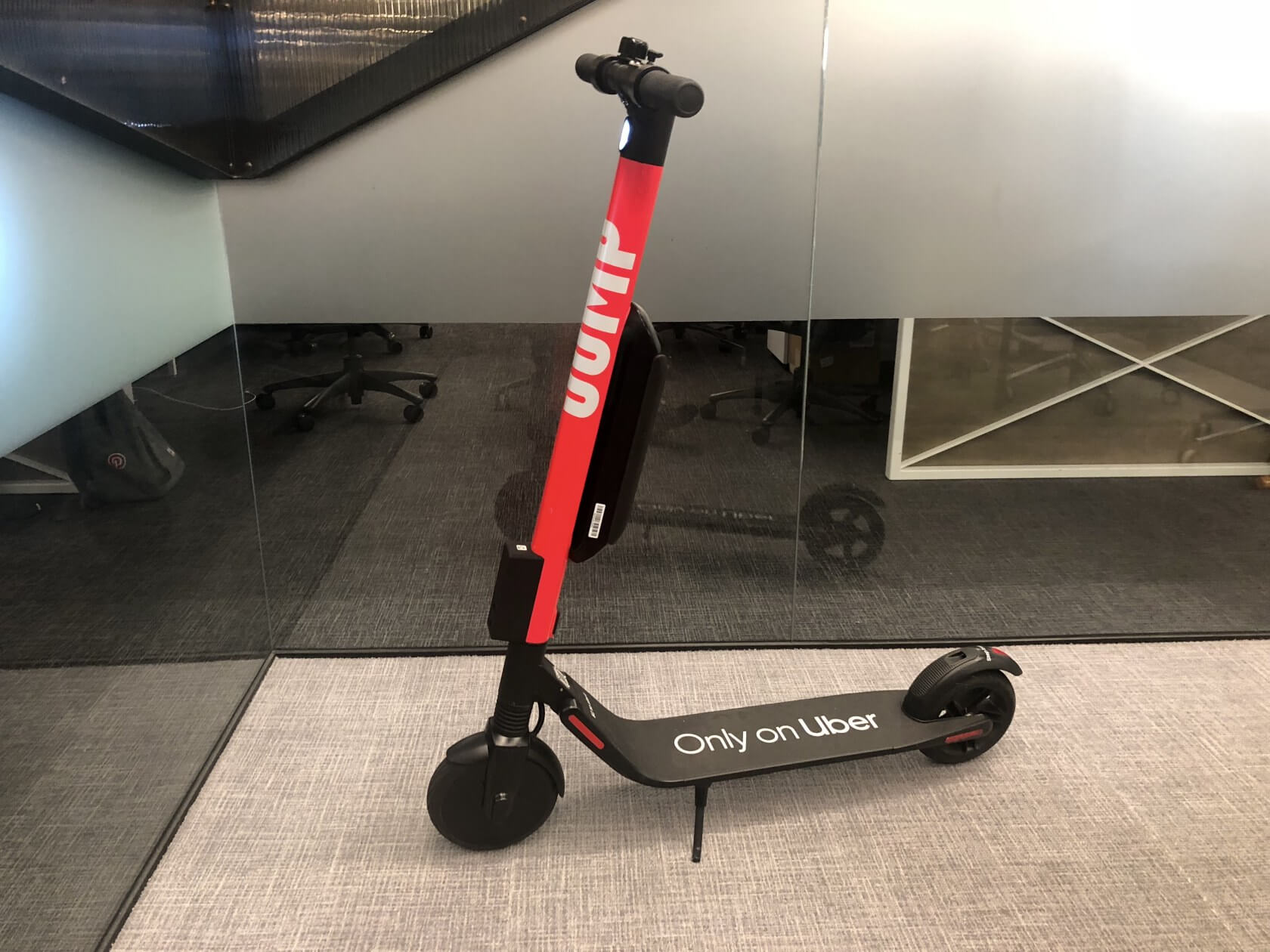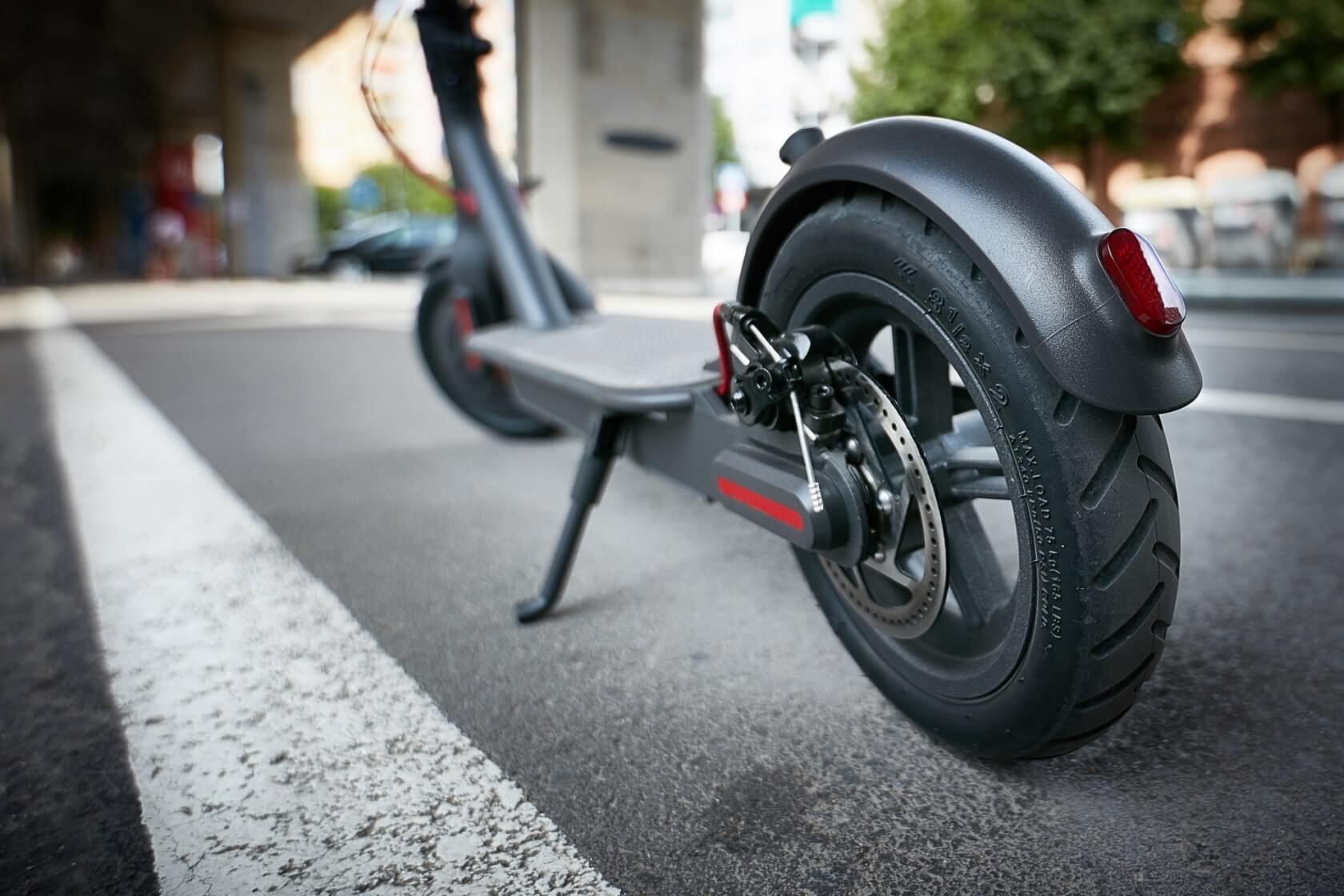In context: If there's one thing almost every big city has in common, it's heavy traffic. Some places have it better than others (either due to population density or smart city planning) but when you concentrate thousands of people in a relatively small area, a reasonable amount of congestion is virtually unavoidable. That's where the growing "scooter sharing" industry comes in.
While walking is an obvious way to avoid heavy traffic, it's also very slow. Scooter sharing services and companies aim to bridge the gap somewhat by letting people rent out smart electric scooters to zip around town. Typically, scooters of this kind have built-in tech that gauges how long a given user has operated them.
Uber and Lyft have already begun to expand their business into this market, and now, Chinese company Segway-Ninebot wants to help them out.
China's Ninebot unveils scooters that drive themselves to charging stations https://t.co/SPnF32B1X6 pic.twitter.com/OsPBdw5Ixa
--- Reuters Tech News (@ReutersTech) August 16, 2019
As Reuters reports, Segway-Ninebot has developed a new type of scooter with semi-autonomous capabilities. It has three wheels, electric power, and the ability to drive itself back to its charging station when somebody's ride time is up. This could save companies like Uber and Lyft a significant amount of time and money, especially as the market grows over the next few years.
Right now, scooter-sharing companies have to collect discharged scooters manually; either through incentivizing users to ride them back before the battery runs out, or by sending out paid operators to pick them up. Obviously, this is far from ideal.
Segway-Ninebot reportedly said Uber and Lyft will be among the first customers to purchase their new scooter. However, a Lyft spokesperson told The Verge that they "haven't yet made any commitments" regarding this product, so Segway-Nintebot's claims may be a bit premature.

At any rate, assuming the scooters are priced fairly and there are no other hurdles to such a transaction, snagging a few units for their respective fleets seems like a no-brainer for Uber and Lyft. The dream for these tech companies is likely a fully-automatic, streamlined ride-sharing service in the future; for both cars and scooters. Self-return and self-charging capabilities for scooters are an obvious next step toward that goal.
Regardless, only time will tell whether or not Uber, Lyft, or other companies will adopt these scooters. Perhaps they would prefer to develop their own autonomous technology, as the former has already begun to do.
Image credit: Shutterstock, TechCrunch
